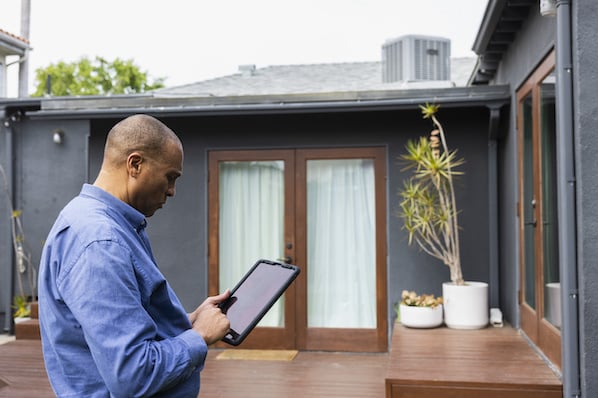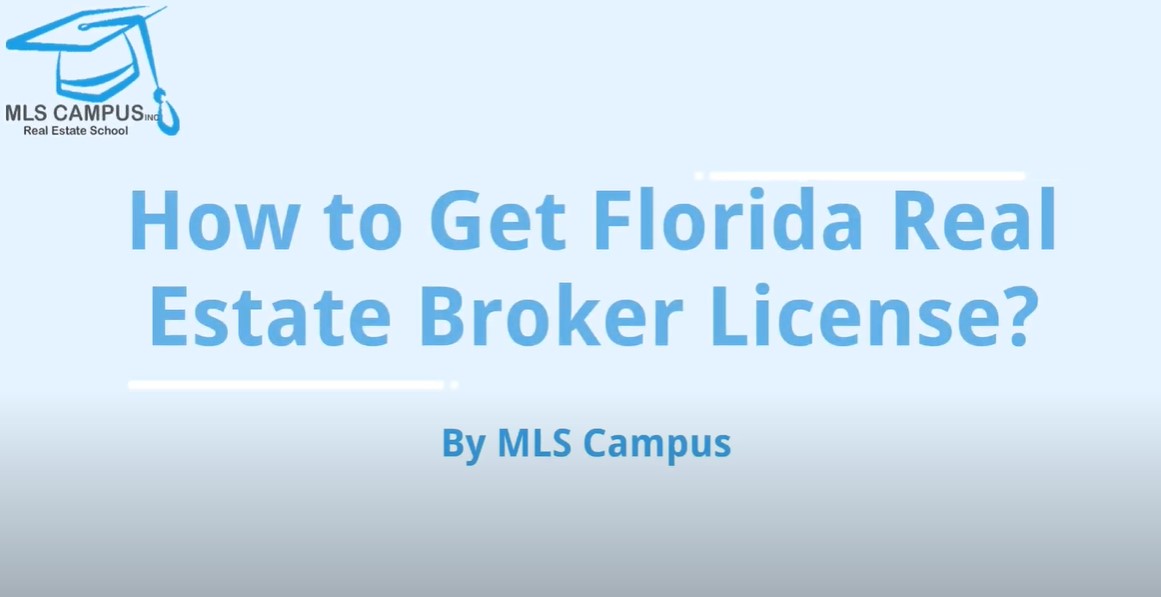
You will need a license to become a New York-based real estate agent. Your education, experience and background will impact the cost of your license. The current cost of a license is $200 to $700. The cost of a license includes an education course and test fees. Your actual cost will depend on how many hours you spend studying.
A real estate license is valid for four-years. To renew your license you must complete seven hours of continuing education per year. The state will also require you to pay an annual fee. There is no national licensing examination, but requirements vary between states. You must complete at minimum 90 hours of education in order to apply for a license.
The process to obtain a New York license as a realtor is simple. The entire process will take between six and eight weeks. Pre-licensing education classes are required. Once the application is completed, the applicant must submit the application, fingerprints, and a fee.

Depending on what type of license is required, the cost can be between $250 to $500. This includes the costs of the real estate education, the state exam, and other related expenses. Online classes are less expensive than online classes and can cost as high as $700 for an in-person school.
After you receive your real estate license, you will need to hang it with a brokerage for two years. A broker will guide you during this time. Many brokers offer training and mentoring programs for new agents. They typically cover a variety of expenses such as office supplies, photocopies and internet access. They will typically cover E&O coverage.
Before you can work as a licensed real estate agent, it is necessary to obtain errors and omissions (E&O), Insurance. This policy is often sold by brokers. Like any business, you need to be vigilant about protecting your own interests. For a small fee, you can get an E&O insurance policy that covers your legal defense and the losses that may be incurred.
You will need a broker to get your New York real-estate license. Brokers typically welcome new agents and make them feel at-home. Many brokerages will charge monthly charges for training and space. Often, the broker will also pay for office supplies.

Most states will not allow you to start practicing without a license. Some states allow you the option to hang your broker's license on your wall, but others require you to complete an education course before you are allowed to receive a license. Also, you can't become licensed unless you've passed the real estate licensing exam.
If you're looking for a great way to prepare for your exam, consider taking a crash course. Many courses provide a free practice test to help you prepare. These courses can provide tips that will help you pass the real-estate exam.
FAQ
How long will it take to sell my house
It depends on many factors including the condition and number of homes similar to yours that are currently for sale, the overall demand in your local area for homes, the housing market conditions, the local housing market, and others. It may take up to 7 days, 90 days or more depending upon these factors.
How long does it take to get a mortgage approved?
It depends on many factors like credit score, income, type of loan, etc. Generally speaking, it takes around 30 days to get a mortgage approved.
Should I buy or rent a condo in the city?
Renting could be a good choice if you intend to rent your condo for a shorter period. Renting will allow you to avoid the monthly maintenance fees and other charges. However, purchasing a condo grants you ownership rights to the unit. You have the freedom to use the space however you like.
How can I tell if my house has value?
You may have an asking price too low because your home was not priced correctly. Your asking price should be well below the market value to ensure that there is enough interest in your property. Our free Home Value Report will provide you with information about current market conditions.
How do you calculate your interest rate?
Market conditions impact the rates of interest. The average interest rate during the last week was 4.39%. Multiply the length of the loan by the interest rate to calculate the interest rate. Example: You finance $200,000 in 20 years, at 5% per month, and your interest rate is 0.05 x 20.1%. This equals ten bases points.
Can I get a second mortgage?
Yes. However, it's best to speak with a professional before you decide whether to apply for one. A second mortgage can be used to consolidate debts or for home improvements.
How much does it cost to replace windows?
Replacement windows can cost anywhere from $1,500 to $3,000. The total cost of replacing all your windows is dependent on the type, size, and brand of windows that you choose.
Statistics
- Private mortgage insurance may be required for conventional loans when the borrower puts less than 20% down.4 FHA loans are mortgage loans issued by private lenders and backed by the federal government. (investopedia.com)
- Some experts hypothesize that rates will hit five percent by the second half of 2018, but there has been no official confirmation one way or the other. (fortunebuilders.com)
- Based on your credit scores and other financial details, your lender offers you a 3.5% interest rate on loan. (investopedia.com)
- This seems to be a more popular trend as the U.S. Census Bureau reports the homeownership rate was around 65% last year. (fortunebuilders.com)
- It's possible to get approved for an FHA loan with a credit score as low as 580 and a down payment of 3.5% or a credit score as low as 500 and a 10% down payment.5 Specialty mortgage loans are loans that don't fit into the conventional or FHA loan categories. (investopedia.com)
External Links
How To
How to Find an Apartment
The first step in moving to a new location is to find an apartment. This involves planning and research. This involves researching and planning for the best neighborhood. There are many ways to do this, but some are easier than others. These are the steps to follow before you rent an apartment.
-
Data can be collected offline or online for research into neighborhoods. Online resources include websites such as Yelp, Zillow, Trulia, Realtor.com, etc. Online sources include local newspapers and real estate agents as well as landlords and friends.
-
Read reviews of the area you want to live in. Yelp, TripAdvisor and Amazon provide detailed reviews of houses and apartments. You can also find local newspapers and visit your local library.
-
To get more information on the area, call people who have lived in it. Ask them what they liked and didn't like about the place. Ask them if they have any recommendations on good places to live.
-
Consider the rent prices in the areas you're interested in. You might consider renting somewhere more affordable if you anticipate spending most of your money on food. On the other hand, if you plan on spending a lot of money on entertainment, consider living in a more expensive location.
-
Find out about the apartment complex you'd like to move in. How big is the apartment complex? What is the cost of it? Is it pet-friendly? What amenities does it offer? Is it possible to park close by? Are there any rules for tenants?